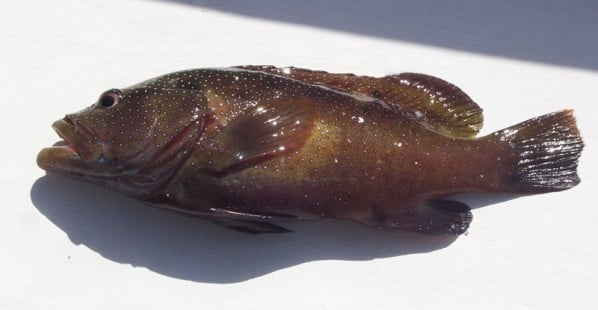The Truth About SeaQuest: Why Parents Should Think Twice Before Taking Their Kids
SeaQuest is a shoddy aquarium chain that keeps wild animals inside shopping malls and promises guests up-close encounters with animals, from sharks and stingrays to capybaras and sugar gliders. These unscrupulous operations have a history of animal injuries and deaths, legal violations, and injuries to staff and visitors—including children. There are many reasons why your family should skip a visit to SeaQuest and find an animal-friendly activity instead, and we’ve highlighted a few here:
SeaQuest teaches that humans are entitled to do whatever they please to animals, regardless of what the animals want.
SeaQuest promises visitors hands-on experiences, with no regard for whether animals want to be touched, handled, or fed by humans. This teaches your child that it’s OK to force an animal to entertain us and to disregard others’ clear signals that they want space or don’t want to be touched.

On several occasions, children have been injured by animals at SeaQuest.
There have been several reports of injuries to children by animals at SeaQuest locations. One mother told PETA that her infant was bitten by a grouper at SeaQuest Fort Worth in Texas, leaving bloody scrapes across three of her fingers. At the now-closed SeaQuest Trumbull in Connecticut, a 12-year-old child was bitten by a sugar glider during an encounter and a young child was scratched in the face by a kinkajou and started post-exposure treatment for rabies after the facility refused to provide the child’s mother with vaccination records.

Sugar gliders and kinkajous are nocturnal animals, but at SeaQuest, workers force them to interact with guests during the day, an extremely stressful situation for animals who prefer to hide from predators during the daylight hours. They’re happiest living in forests, climbing on branches, and—for sugar gliders—gliding from tree to tree. SeaQuest’s establishments don’t offer any of the animals there environments that are natural or healthy for them.
SeaQuest has a long history of animal suffering.
SeaQuest locations have violated the federal Animal Welfare Act countless times, and reports from former employees have included evidence of dead and suffering animals. At SeaQuest Las Vegas, one former employee reported that children stomped on birds in the interactive aviary, killing them, and that the dead animals were thrown into the garbage, reportedly to prevent SeaQuest from having to document their deaths. There have been issues with tanks and enclosures at multiple locations, including one instance in which an octopus was “literally cooked alive” after a change in the tank’s temperature overheated the water. These incidents make it clear that SeaQuest doesn’t prioritize the well-being or safety of the animals at its facilities and treats them worse than objects.

There are much better ways to teach your children about animals and foster a lifelong respect for all sentient beings.
If you want to take your child somewhere to learn about animals, skip SeaQuest and head to a place that teaches kids to respect all life, like a reputable sanctuary, a science center, or an animal-free museum.
*****
SeaQuest is only going to teach your child all the wrong lessons about how we should treat animals. Steer clear of it and other places that exploit animals for entertainment, like SeaWorld, and encourage your family and friends, as well as your child’s school, to do the same.





Under 13? Ask your parents bee-fore you continue!